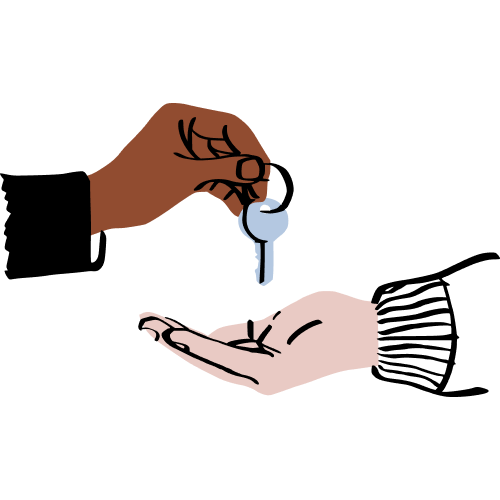A Connecticut power of attorney (POA) is a legal document that grants an individual, known as the "attorney-in-fact" or "agent," the authority to act on your behalf in various matters. These include estate planning, real estate transactions, financial affairs and dealing with financial institutions.

A Connecticut power of attorney (POA), or durable power of attorney, provides peace of mind. Ensure your financial obligations are met, bills are paid, and important decisions are made according to your wishes in the event of your incapacity.
Common types of a Connecticut power of attorney
The common types of Connecticut power of attorney include:
This type of power of attorney grants broad authority to the agent, allowing them to act on your behalf in various matters, including financial matters, managing your bank accounts, and handling your real property.

Also known as a special power of attorney, it provides the agent with limited authority to handle specific tasks or make decisions within a defined scope. For instance, they could be empowered to handle only your retirement plans or annuities.

This medical power of attorney focuses specifically on medical decisions, empowering your chosen agent to make health care choices on your behalf if you're unable to do so.

The Connecticut power of attorney is governed by the Connecticut Uniform Power of Attorney Act, outlined in the Connecticut General Statutes, specifically in Chapter 802c. These laws cover important elements like the effective date and how to disclaim an agent's authority if necessary.

Revocation of a Connecticut POA can happen under specific circumstances, including:
- The principal's voluntary revocation
- The agent's death, incapacity, or unwillingness to fulfill duties
- The court invalidates it
- The expiration date passes
- The purpose is fulfilled or impossible to achieve

Frequently asked questions
While it's possible to craft your own Connecticut power of attorney forms, we advise you seek legal advice to ensure it complies with Connecticut law and covers all necessary aspects.
Yes, you can appoint several individuals to act severally on your behalf in the Connecticut POA.
Yes. As the principal, you have the right to modify or revoke your Connecticut power of attorney at any time, as long as you’re of sound mind and capable of making such decisions.
A Connecticut power of attorney may include an expiration date if desired. Otherwise, it remains valid until the principal revokes it, the purpose is fulfilled, or other termination circumstances occur.
Yes, you can create a separate Connecticut healthcare power of attorney specifically for healthcare-related decisions. This ensures that your medical preferences are followed when you’re unable to communicate or make decisions.
Disclaimer: This information is intended for general informational purposes only. It is meant to help you understand the legal framework used for this form. This is not intended to be legal advice and should not be a substitute for professional legal advice. Consult a licensed attorney for legal advice or representation.
Looking for other Connecticut documents?
Formswift is not a law firm and does not provide legal advice or representation. Formswift's documents are not a substitute for the advice of an attorney. Communications between you and Formswift are governed by the Formswift Privacy Policy but are not protected by the attorney-client privilege or as work product. Formswift does not provide advice, opinions, or recommendations about individual's legal rights, options, strategies, or the selection of forms. Your use of the Formswift website and forms is governed by the Formswift Terms of Service.
